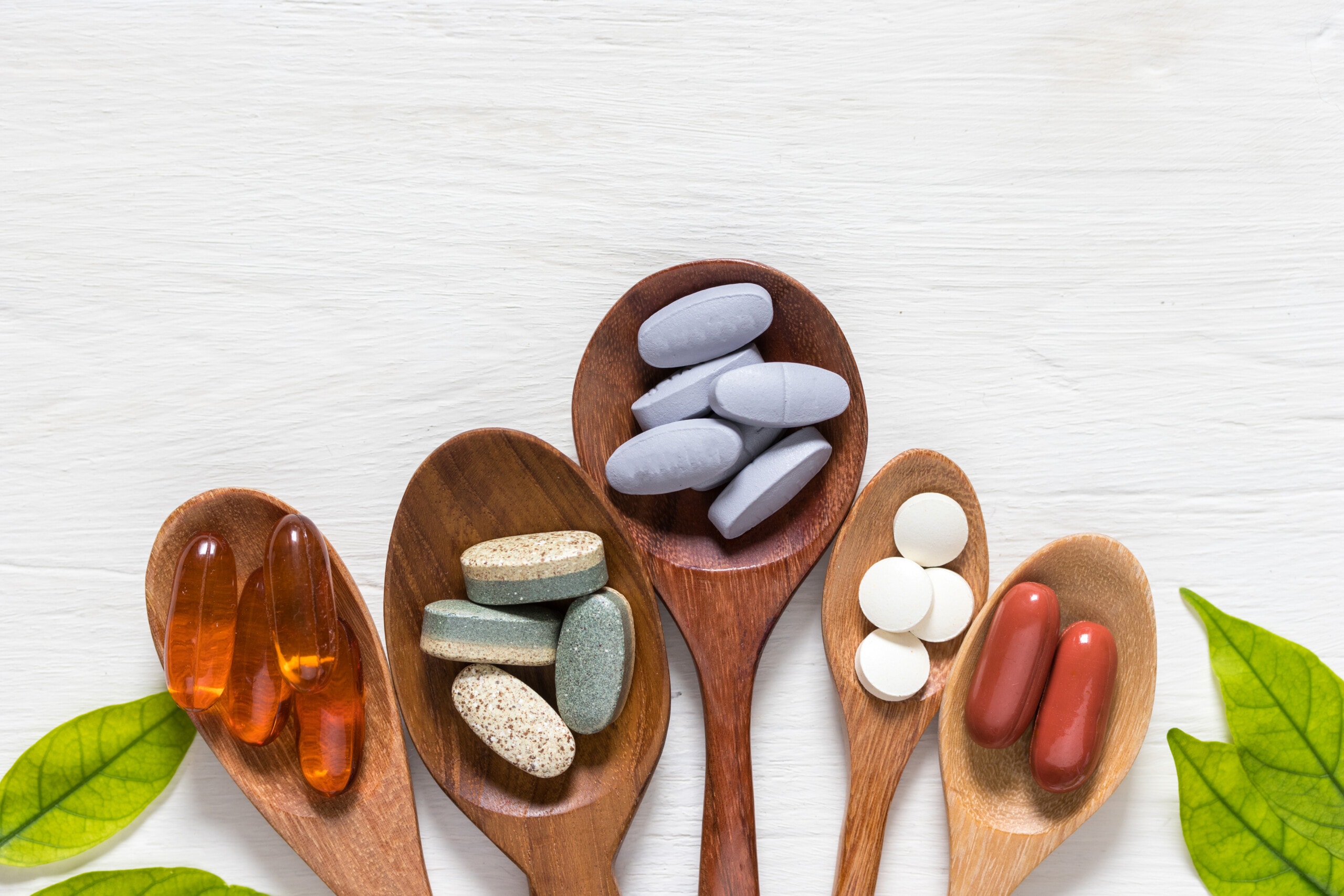Vitamin B Complex

Vitamin B Complex play a crucial role in energy production, brain function, and overall health. For individuals who consume alcohol, Vitamin B complex become even more essential due to their role in alcohol metabolism, liver function, and the prevention of nutrient deficiencies. Chronic alcohol consumption depletes vitamin B levels, increasing the risk of neurological and metabolic issues.
The Role of Vitamin B’s in Alcohol Metabolism
Thiamine (Vitamin B1) – Essential for carbohydrate metabolism and nervous system function. Chronic alcohol use impairs thiamine absorption, leading to deficiencies that can cause Wernicke-Korsakoff syndrome, a severe neurological disorder.
Riboflavin (Vitamin B2) – Helps break down alcohol and supports liver detoxification. Alcohol consumption increases riboflavin requirements due to its role in oxidative stress regulation.
Niacin (Vitamin B3) – Plays a key role in alcohol metabolism by supporting the enzymatic breakdown of ethanol. Deficiency can lead to pellagra, characterized by dermatitis, diarrhea, and dementia.
Pantothenic Acid (Vitamin B5) – Supports liver function and the production of coenzyme A, crucial for metabolizing alcohol and reducing toxicity.
Pyridoxine (Vitamin B6) – Aids neurotransmitter synthesis and helps counteract alcohol-induced oxidative damage.
Biotin (Vitamin B7) – Supports enzymatic reactions and fatty acid metabolism, which can be disrupted by alcohol intake.
Folate (Vitamin B9) – Crucial for DNA synthesis and red blood cell production. Alcohol impairs folate absorption, leading to anemia and increased homocysteine levels, which raise cardiovascular risk.
Cobalamin (Vitamin B12) – Important for nerve function and red blood cell formation. Alcohol consumption hinders B12 absorption, increasing the risk of neuropathy and cognitive decline.
Recommended Vitamin B Dosage for Alcohol Consumers
For individuals who drink alcohol regularly, higher Vitamin B intake may be necessary to compensate for depletion. Recommended daily dosages include:
- Thiamine (B1): 50–100 mg
- Riboflavin (B2): 5–10 mg
- Niacin (B3): 50–100 mg
- Pantothenic Acid (B5): 50–100 mg
- Pyridoxine (B6): 25–50 mg
- Biotin (B7): 300–500 mcg
- Folate (B9): 400–800 mcg
- Cobalamin (B12): 500–1000 mcg
Higher doses may be recommended for individuals with severe deficiencies or chronic alcohol dependence
Scientific Support
- Thiamine and Alcohol-Induced Neuropathy – Studies show that thiamine supplementation can prevent Wernicke-Korsakoff syndrome and improve neurological function (Praharaj et al., 2021).
- B Vitamins and Liver Function – Research indicates that B vitamin supplementation supports liver enzyme function and reduces oxidative stress in individuals with alcohol-related liver damage (Shen et al., 2024).
- Niacin and Alcohol Metabolism – Niacin plays a direct role in ethanol metabolism, with deficiencies linked to impaired detoxification (Ahmed et al., 2013).
- Folate and Cognitive Health – Studies highlight the importance of folate in preventing alcohol-induced cognitive decline and neuroinflammation (Ma et al., 2016).
